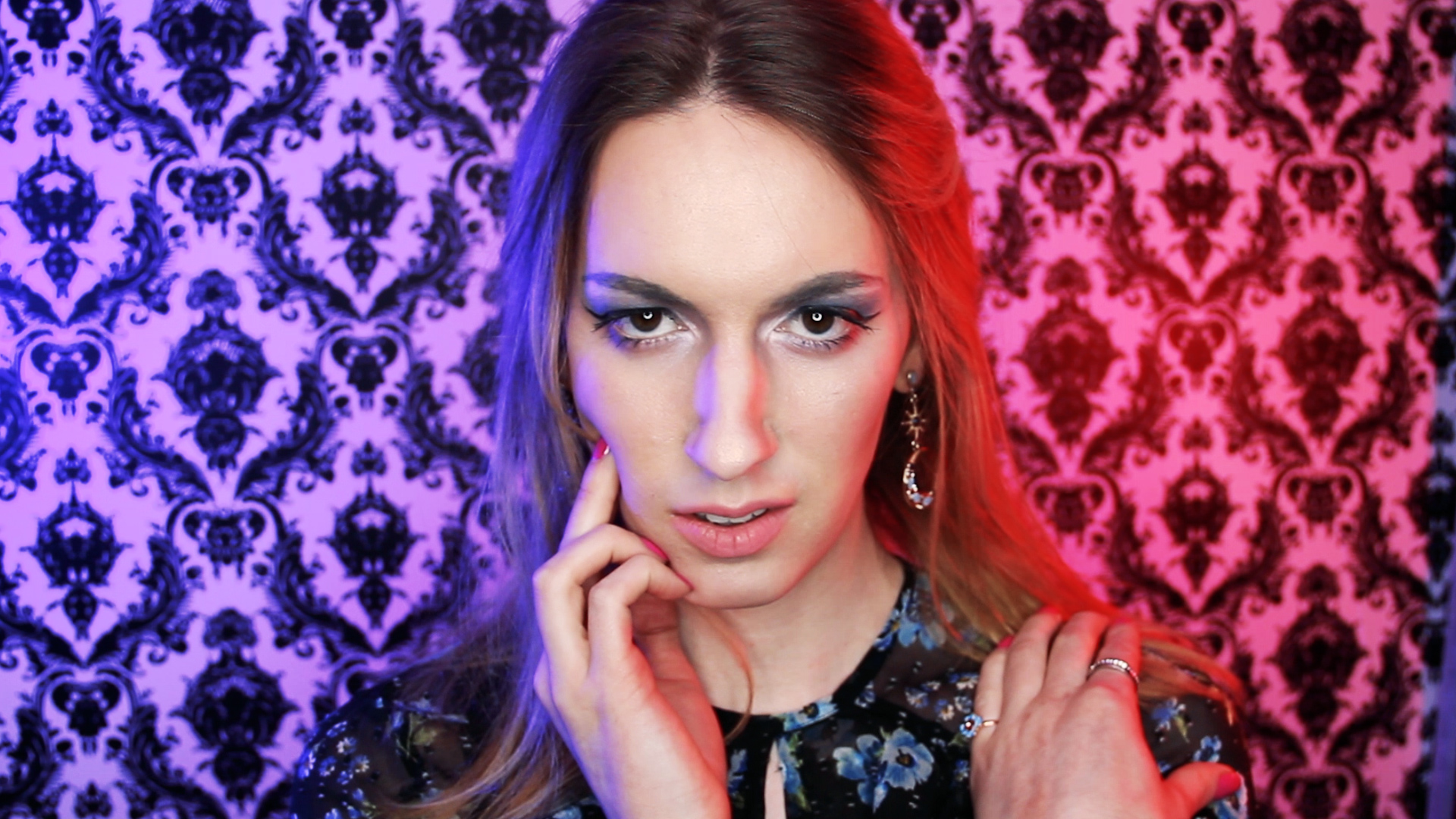YouTube is no longer just an alt-right cesspool. Two years ago, ContraPoints released her first video, “Feminism Did Not Destroy Atheism,” and has since built a name for her channel as a haven for nuanced, truthful assessments of ideologies that have grown to immense popularity in internet circles. She does all of this with dark humor and personality — like, actual personality — that allows her to be whimsically self-deprecating. She invites her viewers to have fun, celebrating “degeneracy” through their journey to seek and disseminate the truth.
This not only means truth in debate, but truth to self. Contra’s open and honest chronicling of her male-to-female transition has added even more layers of connection with her audience. Her February video on autogynephilia (which is a bigoted pseudoscientific theory on transsexual women) includes a very personal dialogue about the nature of Contra’s transition, her sexuality, and her journey of self-understanding, which works to combat the transphobic theory. She is not afraid to share her story and to celebrate her identity, even when she struggles with her own confidence. Here, she talks to i-D about her journey, her thought processes, and her emphasis on diversity and inclusion.
A lot of your viewers have not only drawn their attention towards the content you’re creating, but are interested in you as a human being. What is your thought process behind choosing this approach?
Political YouTube is definitely a male- dominated space, where ranters and ravers tend to present their particular “facts-over-feels” vision of the world. When I initially started out two years ago, I thought what I was gonna do was have a sort of fictional character be the narrator of the channel, and this character (this is before transition) would be a “degenerate crossdresser.” It was to add a little bit of levity to the political discussion, and it was to add a little bit of ironic distance, which I think was a way of protecting myself because, at the time, there was almost no such thing as “YouTube leftism.” It was just these people who would rant about social justice warriors and snowflakes and how horrible feminism is.
To stand up against it, I knew was going to be inviting a lot of harassment. So I set to protect myself by speaking behind this persona… well, what ended up happening was, a year into this, I realized that I actually was transgender. That was a predicament, because that’s not the sort of thing you can conceal.
How did you expect your audience to react to your transition, and how did they actually respond?
By the time I started to realize that I was trans, I had a significant base of support, so I didn’t have to be quite so defensive. At least I knew some people had my back. So I started “transitioning” away from using the character so much, and doing videos that, where topics of gender were concerned, I would talk about my private life, and that gave the channel a very personal character.
There are a lot of trans people who see themselves in me, or they see in me an example of how their transition could go, or they see me as a representative of them. Which, in some ways, is wonderful. But it’s also very difficult because it is a standard that you can’t possibly live up to. And people have a lot of investment in the details of your private life, and that’s kind of scary.
I think a lot of people who look at a channel like yours think, “Wow, that person must be very comfortable with themselves or very confident.” Is that true in your case?
I think that the confidence is not entirely an illusion. I think that I must have some confidence in me somewhere or otherwise I would not be putting myself out like this in the first place. But I think a lot of the confidence that comes off in my videos is a façade that I construct, because in private, I am quite insecure. I think there’s a reason why I don’t just switch the camera on and speak my mind, and it’s because I don’t feel that I could do that very effectively, but also I think that actually helps me to have a lot of artifice involved in terms of costumes, makeup, lighting, sets. The theatricality of it, in a sense, allows me to continue playing a character. The narrator character is still based on me, but it’s scripted and it’s presented in this very stylized context where I feel that I’m on stronger footing, and that enables me to use more confidence than I might be able to.
Do you think that more diversity and inclusion will be able to exist on the internet without pushback from right-wingers?
I do think it’s possible and I think that the changes that have been made over the last two years on YouTube have been very hopeful. With the internet, I don’t see it becoming a less toxic or unpleasant place for a lot of people any time soon, but I think it’s possible to create these patches of light and spaces that are not so toxic, and I’ve tried to build my channel into one of those places. I can’t stop the Internet from being the way it is — I don’t have any power at all to do that — but I can create something amidst it all that’s different.
